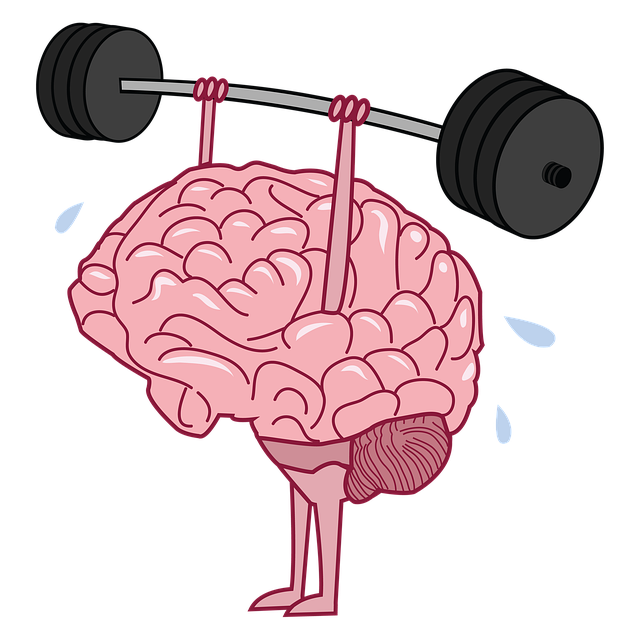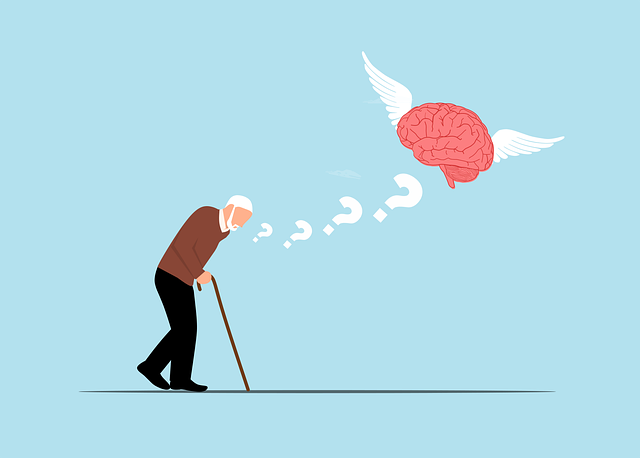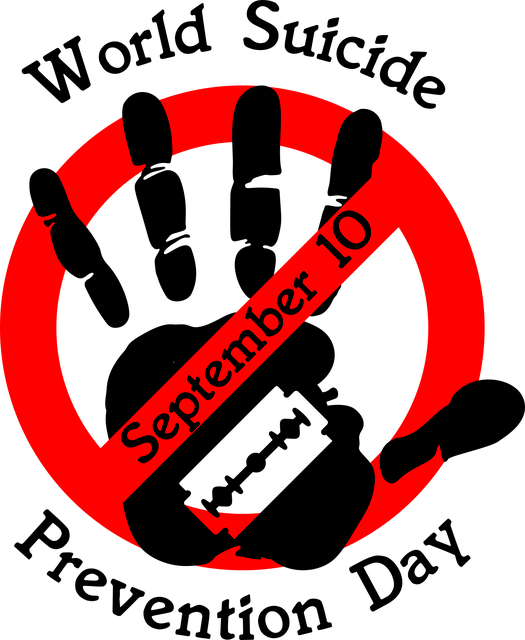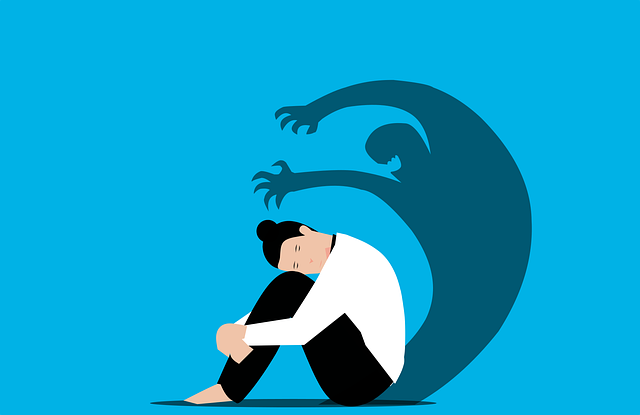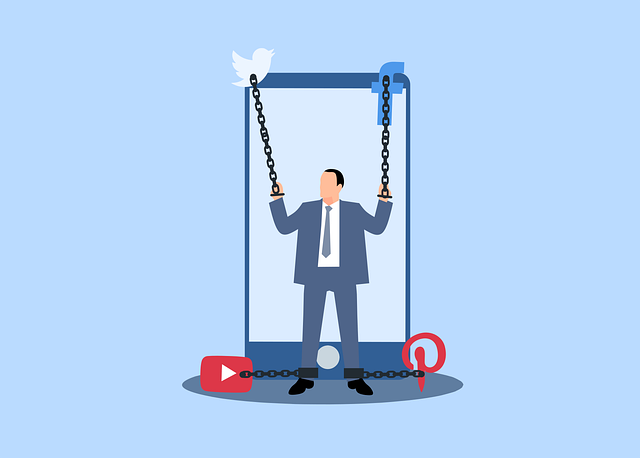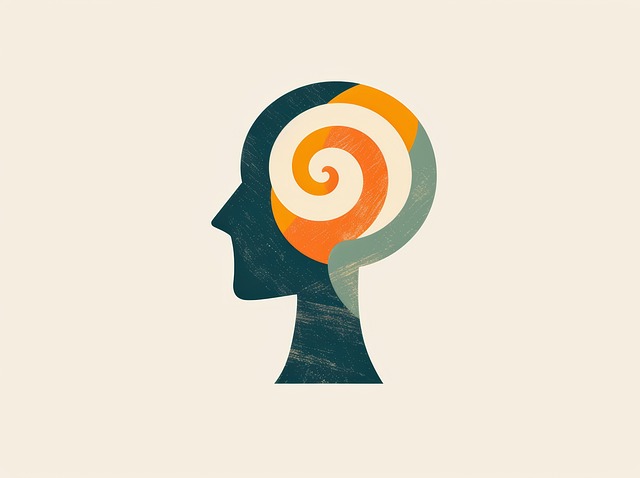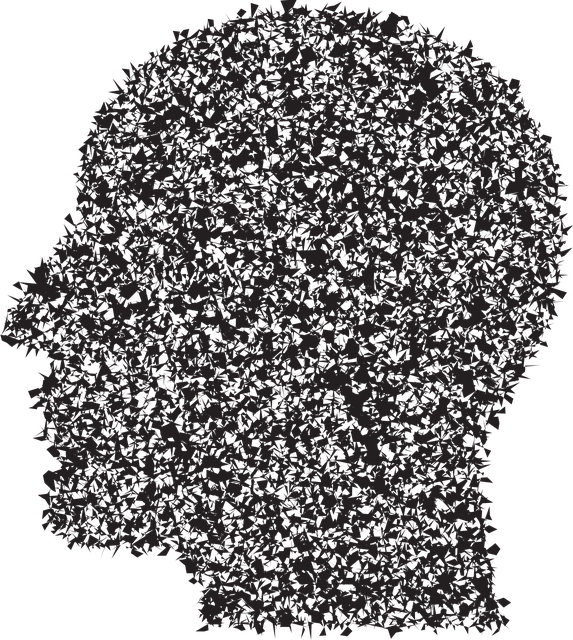Mental wellness journaling offers a powerful therapy for adults with phobias, fostering self-awareness and emotional healing through reflective writing. By documenting thoughts and experiences, individuals uncover fear triggers, identify coping strategies, and build resilience, leading to improved social skills and mental outlook. Effective journaling practices, combined with safe, comfortable spaces, encourage honest expression and profound insights, making it a valuable tool in managing phobias and enhancing overall mental wellness.
“Unwind and embrace self-discovery with the transformative power of mental wellness journaling. This article guides you through an effective therapy tool, offering a roadmap to enhancing your mental health journey. We explore how journaling can help adults overcome phobias by providing a safe space for expression. From understanding its benefits to creating a personalized journal setup and mastering writing techniques, discover simple yet powerful methods to harness the potential of this practice. Uncover the secrets to effective journaling as therapy.”
- Understanding Mental Wellness Journaling: A Powerful Tool for Self-Reflection
- The Benefits of Journaling for Overcoming Adult Phobias
- Creating Your Journal: Setting Up a Safe and Personal Space
- Effective Writing Techniques to Enhance Journaling as Therapy
Understanding Mental Wellness Journaling: A Powerful Tool for Self-Reflection

Mental wellness journaling is a powerful tool for self-reflection and personal growth. By dedicating time to write about thoughts, feelings, and experiences, individuals can gain valuable insights into their mental health. This practice allows for a deeper understanding of one’s emotional landscape, helping to identify patterns, triggers, and coping mechanisms. For adults struggling with phobias or other mental health challenges, journaling can serve as a form of therapy, offering a safe space to explore fears, work through trauma, and enhance self-awareness.
Through regular reflection, individuals can develop better social skills by improving their ability to communicate emotions effectively. Additionally, mental wellness journaling promotes the adoption of self-care practices and resilience building. By documenting both struggles and successes, people gain a more positive outlook, fostering resilience in the face of adversity. This practice encourages a holistic approach to well-being, integrating emotional, physical, and mental health into daily routines.
The Benefits of Journaling for Overcoming Adult Phobias

Journaling has emerged as a powerful tool in the realm of mental wellness, offering a safe and private space for individuals to explore their thoughts and emotions. For adults struggling with phobias, this practice can be transformative. Through regular writing, one can begin to unravel the complex web of fears and anxiety associated with specific objects or situations. The act of putting pen to paper allows for a deeper understanding of the triggers and patterns that contribute to these intense reactions.
In the context of therapy for adults’ phobias, journaling serves as an effective risk management planning tool for mental health professionals. It enables individuals to track their progress, identify coping mechanisms, and gain valuable insights into their emotional intelligence. By documenting their experiences, they can learn to recognize and challenge unhelpful thought patterns, fostering a sense of empowerment. Additionally, this practice supports burnout prevention strategies for healthcare providers by offering a means to process and manage intense emotions, ensuring a healthier work-life balance.
Creating Your Journal: Setting Up a Safe and Personal Space

Creating your journal involves setting up a safe and personal space that fosters open reflection. Start by selecting a quiet area where you can be undisturbed, allowing for uninterrupted time to engage in this mental wellness exercise. Your space should evoke feelings of comfort and security, encouraging vulnerability and honesty in your writing. Consider using items that hold significance or inspire calmness, such as soft lighting, soothing fragrances, or favourite photographs. This dedicated area will serve as your sanctuary for self-exploration, helping to ground you in the present moment and enhance your inner strength development.
In addition to creating a physical space, establishing mental and emotional safety is paramount. Remember that journaling is a form of self-care and therapy for adults with phobias or other mental health concerns. Treat each entry as a confidential space where you can freely express your thoughts and feelings without fear of judgement. This practice supports risk management planning for mental health professionals by promoting self-awareness, emotional regulation, and coping mechanisms. Embrace the process, understanding that consistent journaling can lead to profound insights and positive shifts in your mental wellness journey.
Effective Writing Techniques to Enhance Journaling as Therapy

Effective writing techniques can significantly enhance the therapeutic benefits of journaling for adults with phobias. One powerful approach is to encourage free-writing, where individuals let their thoughts flow without censoring or editing. This allows for the exploration and expression of deep-seated fears and anxieties that might otherwise remain unspoken. By recording their experiences and emotions on paper, adults dealing with specific phobias can start to understand the triggers and patterns associated with their condition.
Additionally, incorporating specific prompts tailored to emotional healing processes can be beneficial. For instance, guiding journal entries could focus on identifying and challenging negative thought patterns, reframing fears as manageable challenges, or visualizing calming scenes to promote relaxation. These writing techniques, when practiced regularly, can contribute to the development of emotional intelligence, helping individuals better process and manage their stress. Engaging in such self-reflective practices within a structured framework provided by Stress Management Workshops Organization can further support adults with phobias on their journey towards emotional healing.
Mental wellness journaling is a versatile tool that offers significant benefits, especially in overcoming adult phobias. By creating a safe space through personalized journal setup and employing effective writing techniques, individuals can harness their thoughts and emotions to enhance therapeutic processes. This article has provided guidance on understanding and utilizing mental wellness journaling as a powerful method for self-reflection, with the ultimate goal of improving mental health and well-being.

